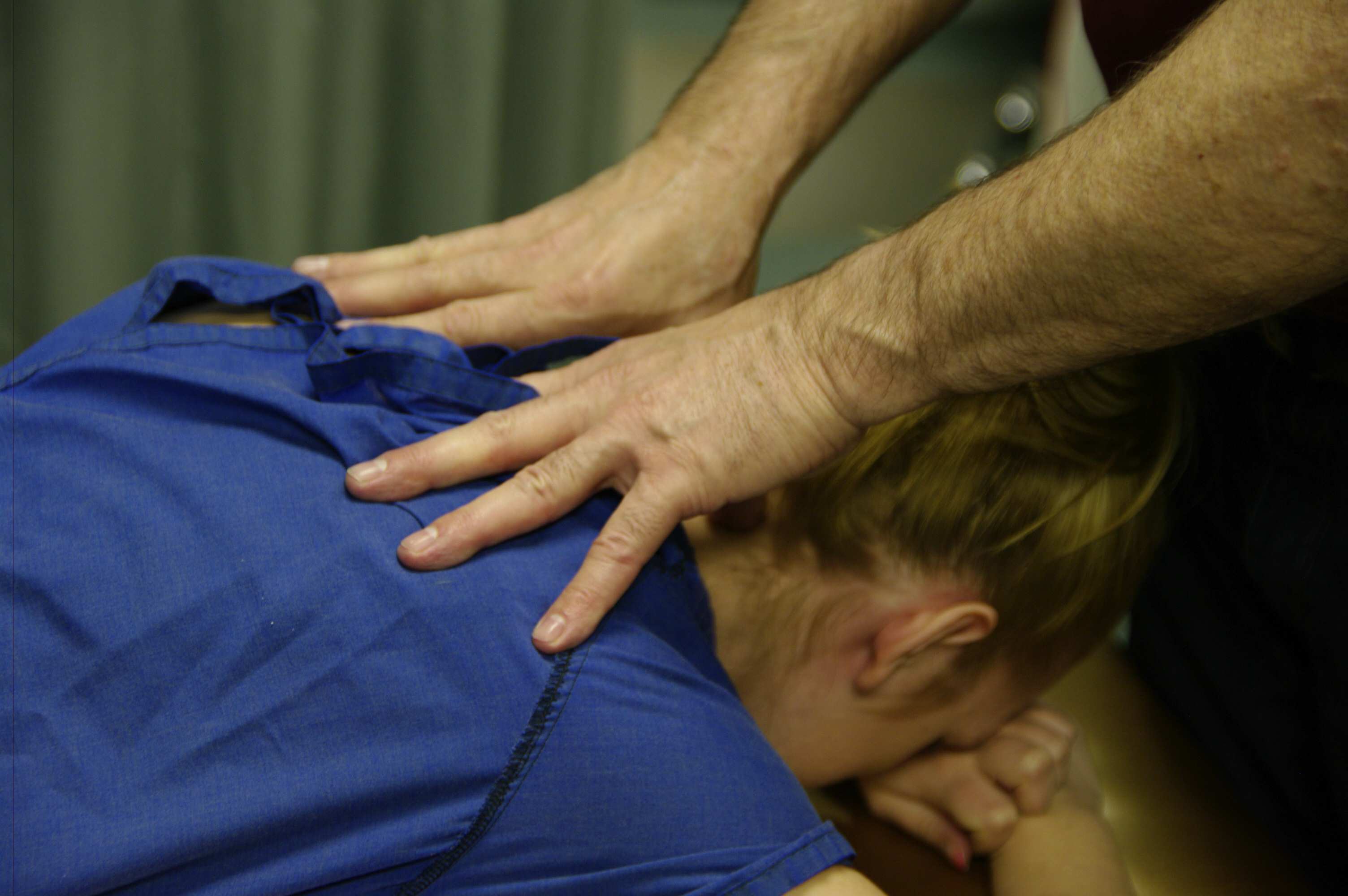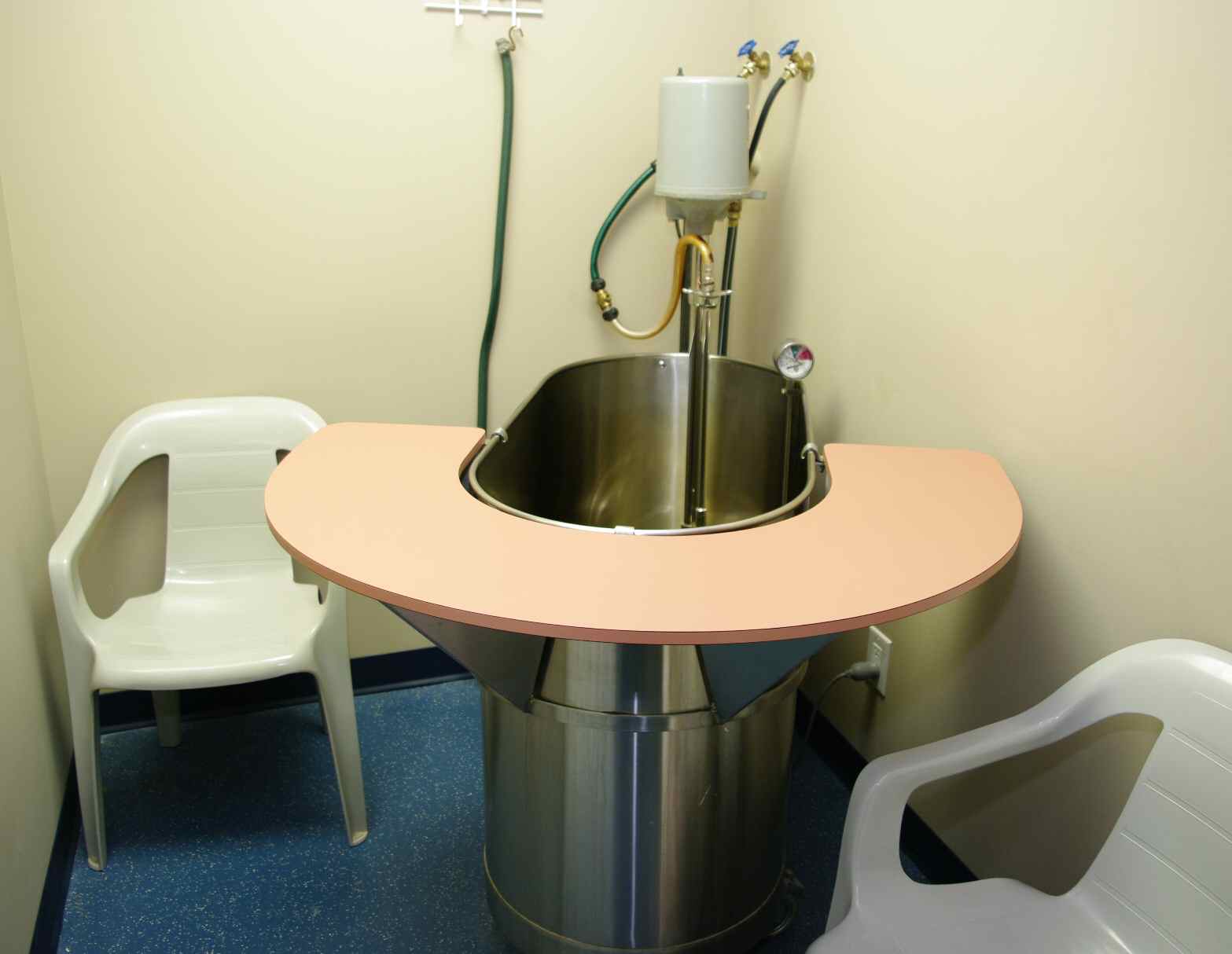Physiotherapy
What is a Physiotherapist?
A physiotherapist is a primary health care professional dedicated to evaluating, restoring and/or enhancing physical function and independence. Physiotherapists are committed to promoting a healthy lifestyle and disease prevention by providing safe, quality client-centered physiotherapy care.
Using highly-specialized knowledge of the muscles, tendons, ligaments and bones of your body along with a thorough understanding of how they all work together, physiotherapists use hands-on techniques to help you to reduce pain, move more easily, get stronger, breathe easier, prevent injury, and stay fit. Physiotherapists are also highly educated in cardiac, respiratory, and neurological rehabilitation.
Physiotherapists can practice without a doctor's supervision or referral. They undertake related professional activities such as research, teaching, administration, and consultation.
When would you see a physiotherapist?
Anyone can benefit from physiotherapy, whether you are living with pain or a chronic illness, recovering from a stroke or cardiac event, dealing with workplace injury, or aching after a weekend of increased physical activity. A physiotherapist can empower and help you take control of your health. A physiotherapist can provide you with the tools that will give you the freedom to function in your home or at your workplace, or while taking part in your favourite leisure activity.
Physiotherapists offer a range of services to people:

- of all ages and abilities.
- who have heart and lung diseases, amputations, arthritic joints and burns.
- who have experienced traumatic workplace or athletic injuries, or motor vehicle accident injuries.
- who have suffered stroke, brain injury, spinal cord and nerve injury, or cancer.
- who have pre and post-surgical needs, pregnancy needs, or impaired urinary function.
- who experience ongoing pain.
- who want to prevent injury, disease, or illness.
- who want to function with greater ease.
What do physiotherapists do?
Your physiotherapist will follow four steps to keep you moving:
- Assess your health history, level of mobility, pain patterns, and your neurological and cardio-respiratory status. This will help your physiotherapist determine the condition's impact on your physical function at work, rest, and play. In addition, your physiotherapist will examine relevant x-rays, laboratory tests, medical records, and surgical notes.
- Diagnose your condition. Based on the assessment, your physiotherapist can identify the source of the problems and provide you with a physiotherapist diagnosis.
- Treat your condition. In partnership, you and your physiotherapist will develop an individualized treatment plan to meet your goals. Your physiotherapist will measure your progress regularly and adjust your treatment according to your needs and preferences. Physiotherapy treatment can include therapeutic exercises, manual therapy, acupuncture, electrical modalities and hydrotherapy.
- Advise you on how to manage your condition independently. By keeping you informed, your physiotherapist will help you prevent further recurrences or complications. Your physiotherapist is an excellent source for information on a wide range of health issues. Discover ways to keep yourself healthy, and prevent diseases or problems in the future by talking to your physiotherapist.
Prevention / Maintaining a Healthy Lifestyle
Talk to your physiotherapist about what you can do to prevent potential health problems related to your family history, living or work environment, and lifestyle activities.
Disease
Regular physical activity, healthy diet, and an understanding of your health risks can prevent early onset and progression of disease. Participating in a healthy lifestyle and understanding your risks for disease can keep you out of the doctor’s office.
Injury / Physical Impairments
Regular physical activity, proper body mechanics (e.g. lifting), and ergonomics (e.g. sitting at a desk) keep you mobile and pain free. Regular physical activity, proper body mechanics and ergonomics also prevent injuries.
Treatment Descriptions
Your physiotherapist has the ability to use a broad range of treatment techniques to help you get better. Your physiotherapist has undergone extensive university education, and will make use of the most up-to-date evidence-based practices to address your health concerns.
Exercise – A significant portion of a physiotherapist's work with a patient involves exercise and education, as exercise assists in recovery from specific ailments. Physiotherapists study body function, anatomy and muscle movement. They are able to quickly identify soft tissue problems. Your physiotherapist can help you recover from injury by prescribing exercises that can be done while at home or work. Making use of your idle time by doing your exercises is a sure way to speed up your recovery. Try it while your children play at the park, during television commercial breaks, or on your coffee break.
Manual Therapy – Manual therapy refers to treatments administered directly by your therapist’s hands. All physiotherapists are trained in massage, muscle release, stretching, and mobilization of joints and soft tissues. Some physiotherapists have taken advanced postgraduate training in these and other techniques, such as spinal manipulation.

Therapeutic Modalities – The use of electrical currents, sound waves, ultraviolet rays and laser for promoting tissue healing are commonly used by physiotherapists. They are often used in conjunction with other treatment techniques, such as exercise and manual therapy.
Hydrotherapy – Hydrotherapy makes use of water to address your health concerns. Your physiotherapist may treat you in either a whirlpool or swimming pool, which makes it easier for you to move your body. Or your physiotherapist might recommend contrasting hot and cold hand/foot baths, which addresses joint swelling and sensitivity.
Acupuncture – Acupuncture involves using sterile, very thin needles at specific points of the body to relieve pain and to treat various physical disorders and systemic conditions. Acupuncture stimulates the body to produce pain-relieving chemicals known as endorphins. Endorphins also promote healing and relaxation.
Complimentary Therapies – This area of physiotherapy involves complementing traditional physiotherapy treatment with techniques such as Biofeedback, Craniosacral Therapy, Feldenkrais Method, Healing Touch, Hellerwork, Myofascial Release, Visceral Mobilization, and Vodor.
The heart of the physiotherapy profession is understanding how and why movement and function take place. Physiotherapists are independent and caring health professionals who seek to provide safe, quality client-centered physiotherapy through a commitment of service availability, accessibility and excellence.
